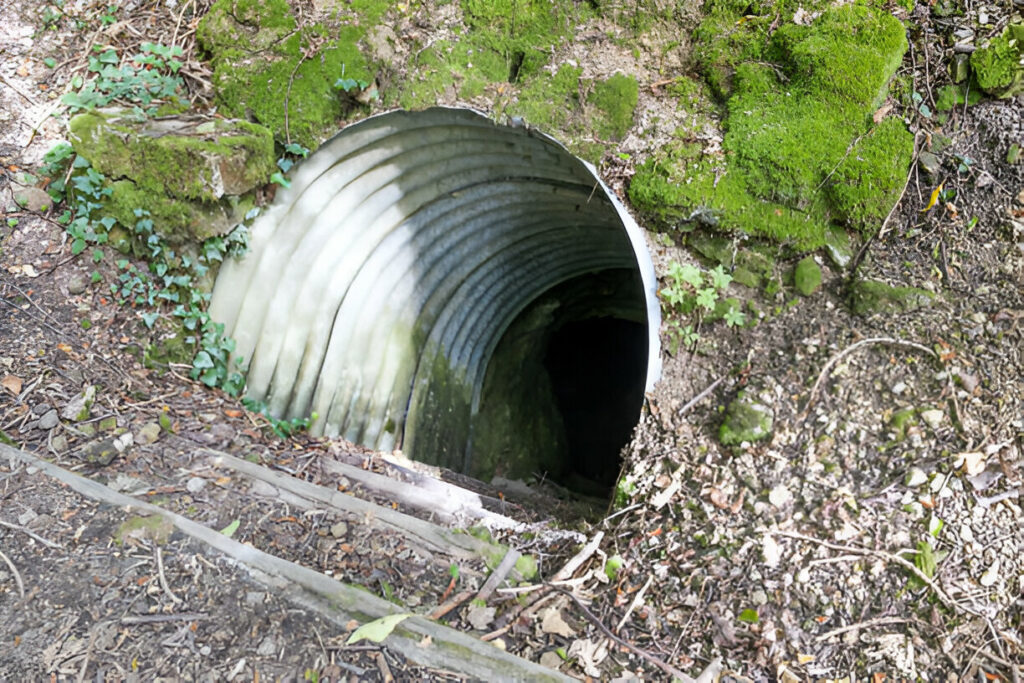Is your gully drain acting up again? If you’ve ever had to deal with a blocked gully drain, you know how frustrating it can be. Gully drains are essential for directing water away from your property, and when they get blocked, it can lead to a host of problems. In this guide, we’ll walk you through everything you need to know about gully drains, from identifying blockages to fixing them and preventing future issues.
Understanding Gully Drains
Definition and Purpose
A gully drain is a plumbing feature designed to collect and transport surface water and waste water away from your property, preventing flooding and water damage. They are commonly found in driveways, patios, and other outdoor areas where water needs to be managed.
Types of Gully Drains
There are two main types of gully drains:
- Surface Water Gullies: These collect rainwater and surface water from roofs, driveways, and other paved areas.
- Foul Water Gullies: These are designed to handle waste water from kitchens, bathrooms, and other indoor plumbing.
Signs of a Blocked Gully Drain
How do you know if your gully drain is blocked? Here are some telltale signs:
- Water pooling around the drain: If you notice water collecting and not draining away, there’s a good chance your gully drain is blocked.
- Unpleasant odors: Bad smells emanating from your drain can indicate a blockage, often caused by decomposing organic matter.
- Slow drainage: If water drains slowly from sinks, baths, or driveways, it could be a sign of a blocked gully drain.
Common Causes of Blocked Gully Drains
Understanding what causes blockages can help you prevent them. Here are some common culprits:
Debris and Leaves
Leaves, twigs, and other debris can easily accumulate in gully drains, especially during the autumn months, leading to blockages.
Grease and Fat Build-Up
Pouring grease and fat down the sink can cause them to solidify and build up in your drain, eventually leading to a blockage.
Sediment and Soil
Over time, sediment and soil can build up in your gully drain, particularly if there’s no filter to catch them.
Foreign Objects
Sometimes, small objects like toys, stones, or plastic can find their way into the drain and cause blockages.
DIY Methods to Unblock a Gully Drain
Feeling handy? Here are some DIY methods to unblock your gully drain:
Tools Needed for the Job
- Drain rods
- Bucket
- Gloves
- Hosepipe
- Plunger
Safety Precautions
Before you start, make sure to wear gloves to protect your hands and follow any safety instructions for the tools and chemicals you use.
Step-by-Step Guide to Unblocking
- Removing Debris Manually: Start by removing any visible debris from the drain cover.
- Using a Drain Rod: Insert the drain rod into the drain and push it through the blockage, twisting as you go.
- Flushing with Water: Once the blockage is broken up, flush the drain with plenty of water to clear out any remaining debris.
Using Chemical Drain Cleaners
If manual methods don’t work, you might need to use a chemical drain cleaner.
Types of Chemical Cleaners
There are various types of chemical cleaners available, including acidic, alkaline, and enzymatic cleaners.
How to Use Them Effectively
Follow the instructions on the product carefully. Generally, you pour the cleaner into the drain, wait for it to break down the blockage, and then flush with water.
Safety Tips
Always use gloves and eye protection when handling chemical cleaners, and ensure good ventilation in the area.
Preventing Future Blockages
Prevention is better than cure. Here are some tips to keep your gully drains clear:
Regular Maintenance
Regularly check and clean your gully drains to prevent blockages from forming.
Installing Drain Covers
Use drain covers to catch leaves, debris, and other objects before they enter the drain.
Avoiding Certain Substances
Never pour grease, fat, or other thick substances down your drains.
When to Call a Professional
Sometimes, DIY methods aren’t enough. Here are signs that you need professional help:
Signs That You Need Expert Help
- Persistent blockages that DIY methods can’t fix
- Frequent foul smells
- Slow drainage despite your efforts
What to Expect from a Professional Service
A professional will use specialized tools and techniques to thoroughly clean your gully drain and address any underlying issues.
Costs of Professional Drain Unblocking
Average Costs
The cost of professional drain unblocking varies but typically ranges from $100 to $300.
Factors Affecting the Cost
Factors include the severity of the blockage, the location of the drain, and the method used to clear it.
How to Find a Reliable Service
Look for reviews and ask for recommendations from friends or family to find a trustworthy service provider.
Environmentally Friendly Drain Maintenance
Want to keep your drains clear while being kind to the planet? Try these eco-friendly methods:
Eco-Friendly Cleaning Products
Use biodegradable and non-toxic cleaning products to maintain your drains.
Natural Methods to Keep Drains Clear
Pour boiling water, vinegar, and baking soda down the drain regularly to prevent build-up.
Impact of Blocked Drains on Property
Blocked drains aren’t just a nuisance; they can cause serious damage:
Structural Damage Risks
Water that can’t drain properly can cause structural damage to your property over time.
Health Hazards
Stagnant water can attract pests and harbor bacteria, posing health risks to you and your family.
Gully Drain Myths Debunked
Let’s clear up some common misconceptions about gully drains:
Common Misconceptions
- “All drains are the same.”
- “You can pour anything down the drain as long as it fits.”
The Truth About Drain Maintenance
Different types of drains require different care, and not everything should go down the drain.
Tips for Homeowners
Keep your gully drains in top shape with these tips:
Routine Checks
Regularly inspect your drains for signs of blockages or damage.
Seasonal Maintenance Advice
Clean your drains before and after the rainy season to prevent build-up.
Gully Drain Maintenance Checklist
Stay on top of your drain maintenance with this handy checklist:
Monthly Tasks
- Check for and remove any debris.
- Pour boiling water down the drain.
Annual Tasks
- Have a professional inspection.
- Clean the drain thoroughly.
Conclusion!!
Regular maintenance and quick action when you notice signs of blockage can save you time, money, and hassle in the long run. Remember, while DIY methods can be effective for minor blockages, don’t hesitate to call a professional for more serious issues. Keep your gully drains clear, and you’ll prevent potential damage and health hazards.







